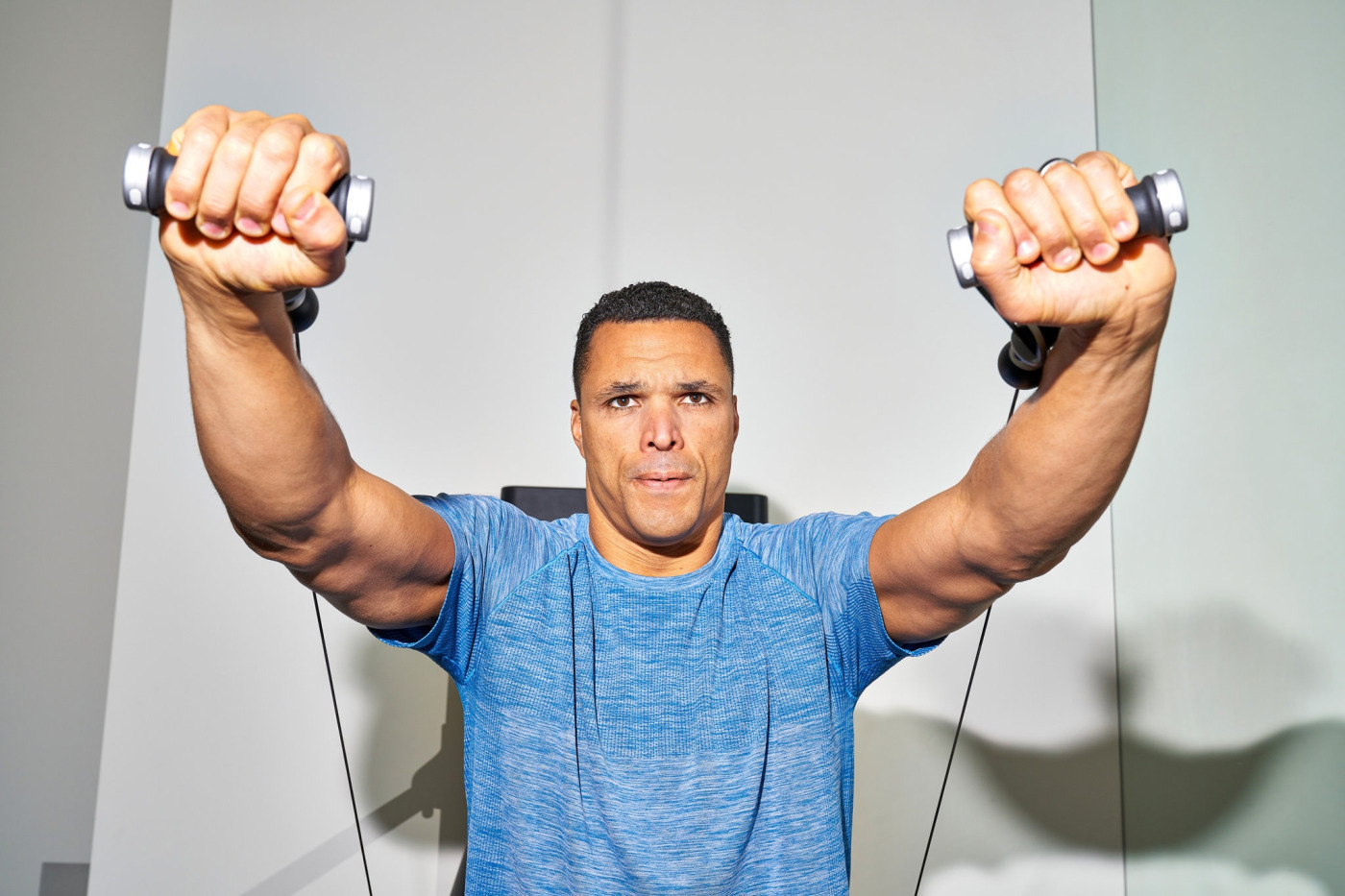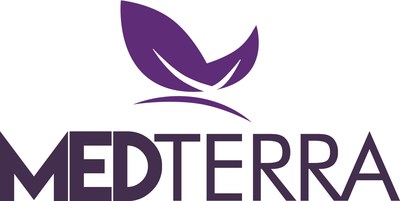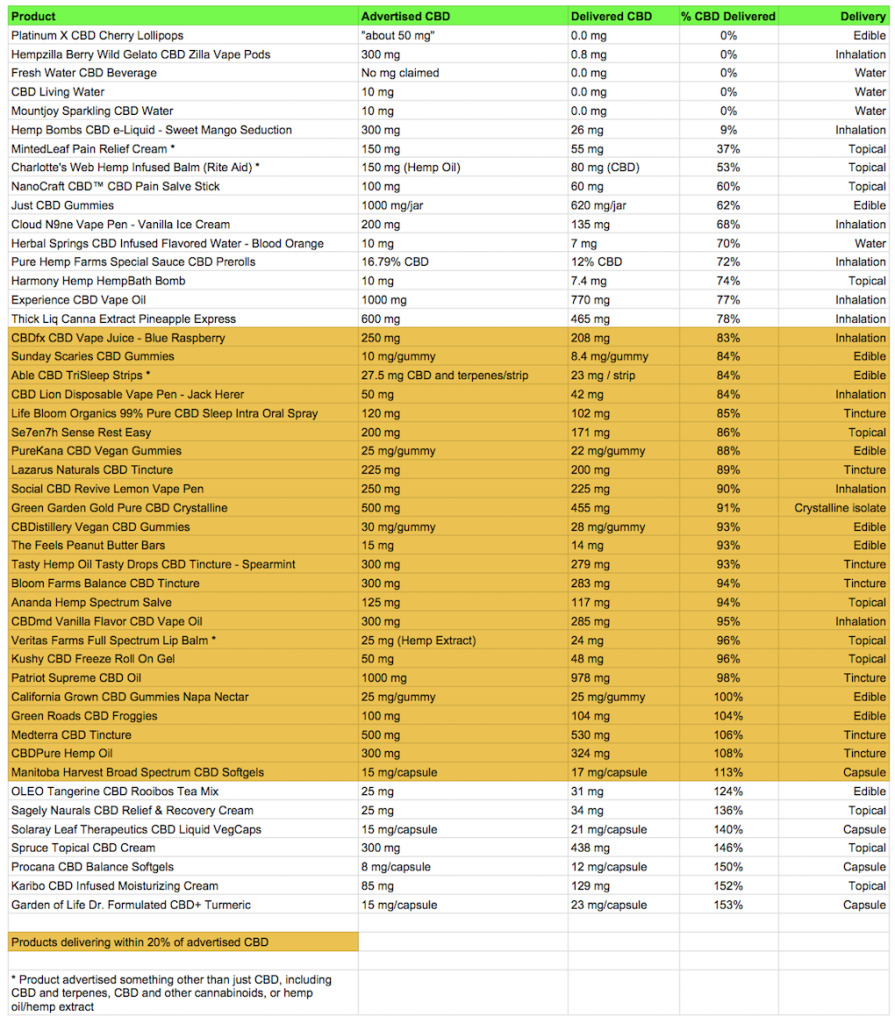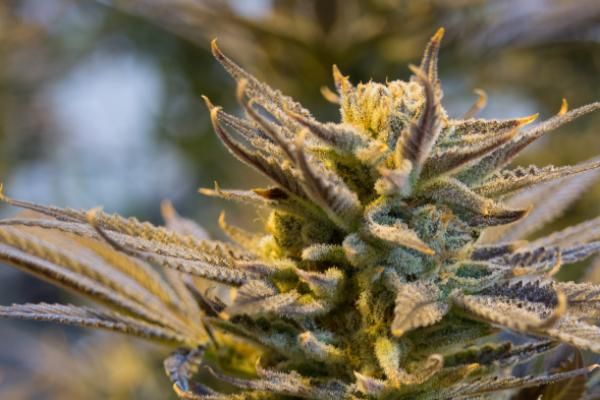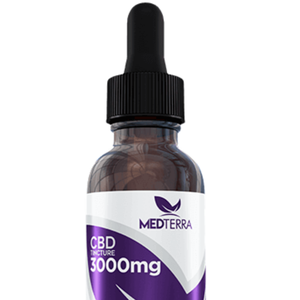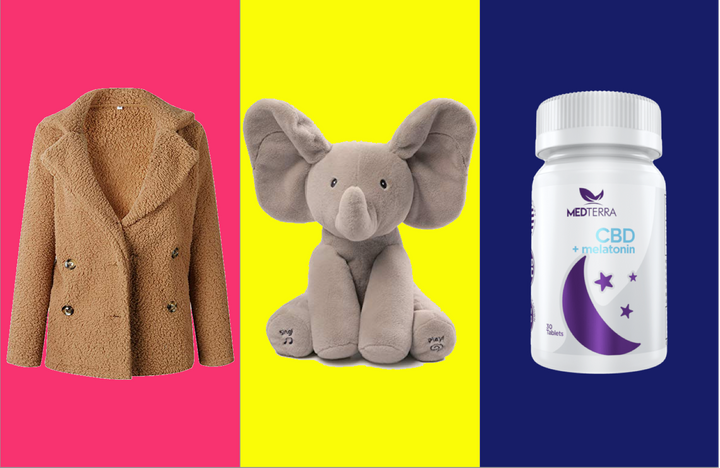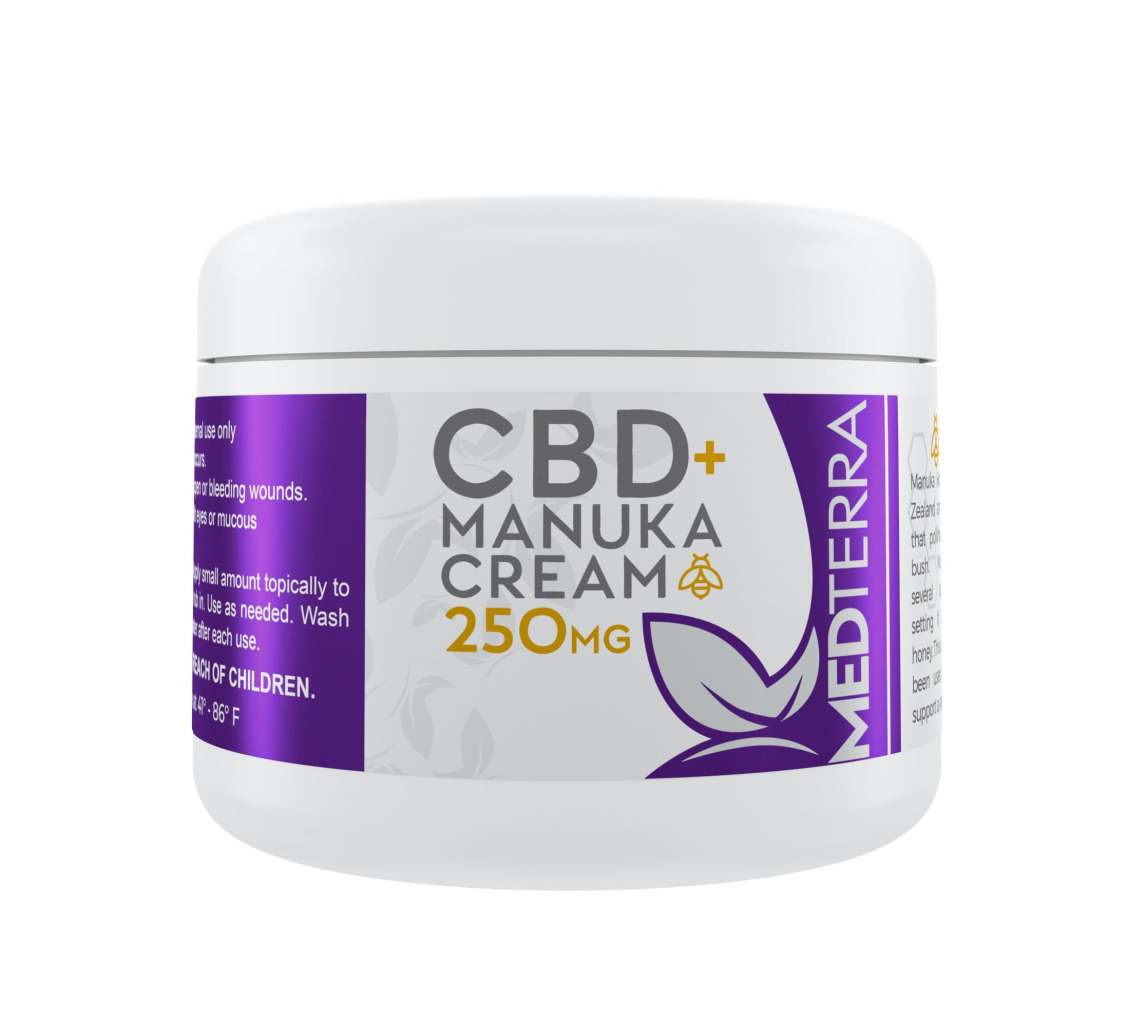CBD has exploded in popularity and Google searches. A USA Today writer does a deep dive on the product, quoting Medterra CEO Jay Hartenbach.
CBD is everywhere, just Google it.Cannabidiol, the popular hemp plant derivative marketed as a cure-all for just about any condition, has only been approved by federal regulators to treat some rare forms of epilepsy, but its popularity is quickly growing.
Research published Wednesday aimed at gauging how public interest in CBD has grown found that Google searches for CBD have substantially increased since 2014 and are accelerating.
In April 2019, the last month data were collected, there were 6.4 million CBD Google searches, and searches increased 160.4% in 2018 compared to 2017, according to the the research letter, published in the peer-reviewed JAMA Network Open.
Ziva Cooper, research director at the UCLA Cannabis Research Initiative, said the results highlight a concerning gap between the interest in CBD products and the level of rigorous testing on the available products' effects.
"We don't know very much about cannabidiol's effects," said Cooper, who was not involved in the research. "People are searching for scientific information on the products ... (but) we don't have very much data."
Currently, the U.S. Food and Drug Administration has approved the use of a CBD product only to treat two rare, severe forms of epilepsy in children under 2-years-old.
Yet, the products are already popular.
Nearly 7% of Americans are using CBD, a figure projected to grow to 10% of Americans by 2025, according to investment research firm Cowen & Co. The fast-growing market already generates as much as $2 billion in sales. That could grow to $16 billion by 2025, according to Cowen & Co.
The JAMA research letter found that Google searches are also expected to grow again by the end of 2019 to 117.7% higher than 2018.
Within states like Oklahoma and Alabama, searches grew by 211.2% and 605%, respectively, from 2014 to 2018, the letter say.
"It's booming. It's way bigger than anybody imagined," said research author John W. Ayers, a professor at University of California, San Diego. "There's a large demand in all 50 states."
What is CBD? Products are popping up in stores near you. Here's what you need to know about them
Ayers and his team also compared searches for CBD with other popular health and wellness interests like "exercise," "veganism" and "marijuana" and found that searches for CBD were higher.
"For every two searches in the U.S. on Google on dieting, there's one for CBD," Ayers said the research shows.
In 2018, President Donald Trump signed the Agricultural Improvement Act, which loosened restrictions on the use of hemp products that contain less than .3% THC. THC is the psychoactive component found in marijuana – the chemical that produces a high when smoked or ingested.
The rise of interest in CBD also aligns with states legalizing marijuana for medical and recreational purposes.
CBD is available nearly everywhere and sold as skin creams, lotions, oils, pills and food additives, among other products. Companies like Amazon, Walgreens and CVS all sell CBD products, too.
However, CBD, made from low-THC hemp, is still subject to federal and state oversight. Some states allow it, others still don't and the FDA regulates it like a nutritional supplement.
Much of what the FDA has tried to crack down on is sellers' claims that CBD can treat conditions like cancer, heart disease and diabetes.
On Tuesday, the agency issued another warning letter to a company it says claimed CBD could treat anything from Alzheimer's disease and autism to teething and ear pain in infants.
CBD in food:Cannabis food, drinks to be 2019's hottest dining trend, top chefs say
Jay Hartenbach, CEO of Medterra, a different company that sells CBD products, said claims like those hurt the industry as a whole.
He agrees more rigorous testing is needed on CBD's potential effects but thinks the industry has done a good job of policing itself on making unsubstantiated claims as it explodes in growth.
Beyond the FDA-approved uses, Cooper says some initial studies indicate CBD may be able to alleviate symptoms related to anxiety, schizophrenia and opioid use disorder. However, the the research is far from the level of FDA approval, and in those early studies, the dosage of CBD needed to treat the symptoms is much higher than what's available at dispensaries or online.
There is also research, similarly in early stages, that suggests that high doses of CBD could have adverse effects on the liver and gastrointestinal systems, Cooper says.
Little is also known about the accuracy of labeling of many CBD products and how CBD may interact with other drugs a patient is taking, she added.
"In ten years, hopefully we'll have a different picture of what's going on," she said.
"We are racing as a company as well as an industry to get that data out there," Hartenbach said. "We see that as an obligation, that if we want to be in the industry that education is there."
However, the claims of wide-reaching health benefits persist, which Ayers also sees as concerning.
"CBD is eroding trust in our healthcare and evidence-based medicine," he said. "Humpty Dumpty is already broken, and it's hard to put Humpty Dumpty back together."
Contributing: Ken Alltucker and Jayne O'Donnell, USA TODAY. Follow USA TODAY's Ryan Miller on Twitter @RyanW_Miller
View resource website



